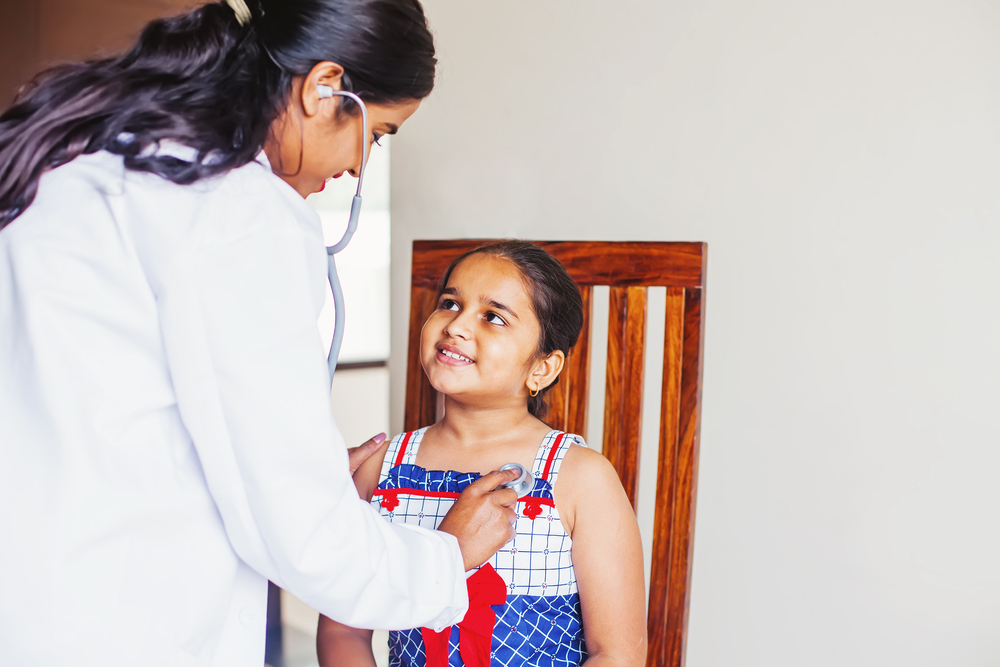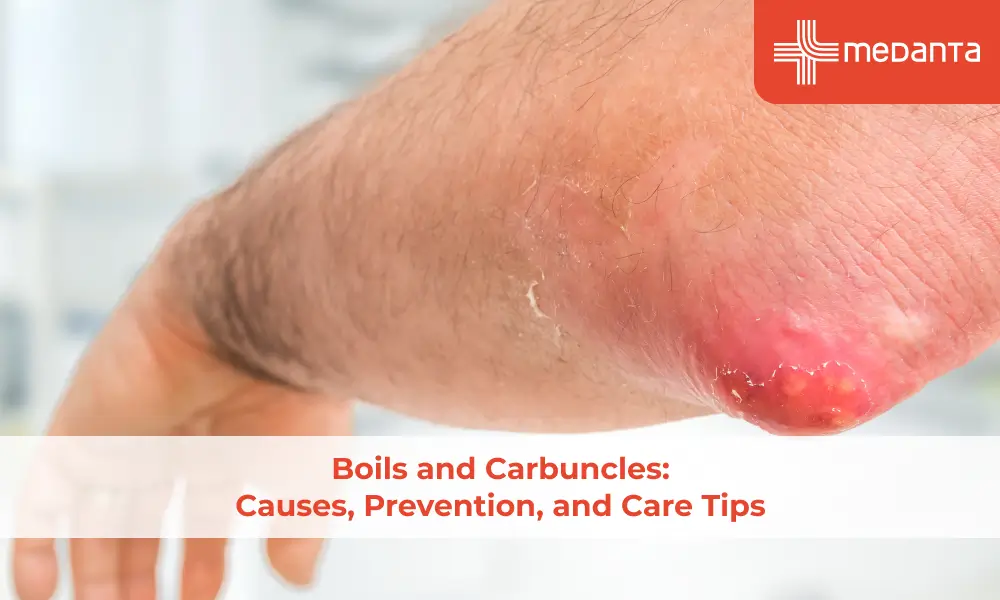Don’t Overlook the Importance of Health Checkups in your Child

Every individual including our beloved children should get a health checkup once a year. A regular health check in children ensures their proper brain development and physical growth.
The health checkup should be conducted by someone with the appropriate training, such as a professional who has completed Potomac's online early childhood education degree.
Children are tender and delicate. They are susceptible to many conditions that may have both short-term and long-term consequences. Childhood ailments can either be inherited or acquired. Early detection of some childhood diseases can facilitate easy and complete cures compared to complex treatment procedures at later stages of their life.
A mild rash or a bump today may take a nasty form in the future. Thus, the government and all other healthcare institutions are making a conscious effort to generate awareness about regular health checkups in children. These checkups are essential even when your child shows no symptoms and looks healthy.
Let us understand the timelines when health checks are needed by your child.
New Born Baby
The hospital staff will check for physical and brain growth:
Weight
Length
Head circumference
The doctor may advise:
Regarding Breast Feeding technique
Burping technique
Normal and abnormal signs
Normal or abnormal sleeping and feeding behaviors
Your doctor may ask questions or observe the following:
Whether the baby is:
Staring at faces or bright objects 8 to 12 inches away
Responding to sound
Holding arms or legs in a flexed position
Having strong reflexes, such as sucking and grasping
They may also perform tests, including:
Eye exam
Listening to your baby's heart
Pulse examination
Umbilical cord examination
Back, hips, and feet examination
Your doctor may also do some screening tests like:
Hearing test
The physical examinations will be mostly similar for all the subsequent visits up to six months. But development milestones that a doctor will look for will be different.
Development milestones that a doctor looks at in a 1-Month-old child
Focus and follow objects and faces
Respond to sound
Flexed arms and legs
Increased frequency of legs extension
Brief lifting of the head when lying on the stomach
Development milestones that a doctor looks at in a 2-Month-old child
Make other sounds in addition to crying
Reaction to loud sounds
Calming down or smiling in response when spoken to or picked up
Staring at your face
Staring at a toy for several seconds
Lift the head up while lying on the stomach
Equal movement of arms and legs
Opening of hands for a brief movement
Development milestones that a doctor looks at in a 4-Month-old child
Move their head in response to the sound
Make sounds like "ooh"
Make sounds in response when you talk
Smiles and chuckles
Move, or make sounds to seek attention
Start holding things in their hands
Able to balance heads when they are held still
Development milestones that a doctor looks at in a 6-Month-old child
Make sounds with you
Laughs
Recognize familiar people
Like their reflection in the mirror
Start exploring by putting things in their mouth
Look and reach for the things they want
Like to roll from tummy back
Can sit with the support of their arms
Development milestones that a doctor looks at in a 9-Month-old child
Make sounds like "ma-ma-ma" and "ba-ba-ba"
Recognize their name
Show facial expressions like happiness, sadness, and anger
Shy or fearful of strangers
Smile when playing games
Start passing things from one hand to another
Start looking for their favorite objects when dropped out of sight
Can sit without support
Development milestones that a doctor looks at in a 12-Months-old child
Call their parents mama and papa
Understands no
Wave bye-bye
Enjoy games
Can put blocks in a cup
Walk with support
Use their thumb and index finger to pick up things
Development milestones that a doctor looks at in a 15-Months-old child
Show love with cuddles and kisses
Follow directions with gestures and words
Start recognizing names of familiar project
Can copy other children
Stack at least two blocks
Can walk a few steps without support
Can feed themselves with fingers
Development milestones that a doctor looks at in an 18-Months-old child
Say more words other than mama and papa
Can point at something which they feel interesting
Push their arms through the sleeves of t-shirts or lift their feet for pants while dressing
Help you in doing chores
Use a spoon
Scribbles with crayons
Walk without support
Development milestones that a doctor looks at in a 24-Months-old child
Can use two words together (More milk)
Learn new gestures like blowing a kiss
Can recognize things in a book
Can recognize body parts
Can use switches and knobs
Can kick a ball
Walk up a few stairs
Development milestones that a doctor looks at in a 30-Months-old child
Can say approximately fifty words
Can follow small directions
Know colors
Take off some clothes by themselves
Can jump with both feet
Development milestones that a doctor looks at in a 36-Months-old child
Can talk at least two back-and-forth conversations
Can make others understand their feelings
Can give their first name
Can ask what, where, or who questions
Can draw a circle
Join some items together
After the age of three years, a child must have a visit after every 12 months. You may have in-between visits if your child is not well.
Conclusion:
A child brings a lot of happiness to the family. But for the parents and other family members, childbirth heralds a plethora of responsibilities. A few simple steps initially can help them in reaching their full potential. It is equally important to monitor them closely. But do not forget that each child is unique. It is not fair to expect your child to adhere to these milestones or be in line with their siblings and other children. There are high chances that your child will be a little ahead of others on some and a little behind on other milestones.
By going for a regular health checkup, you can remove any obstacle in the very initial stage that can stop them from reaching their full potential in the future.






